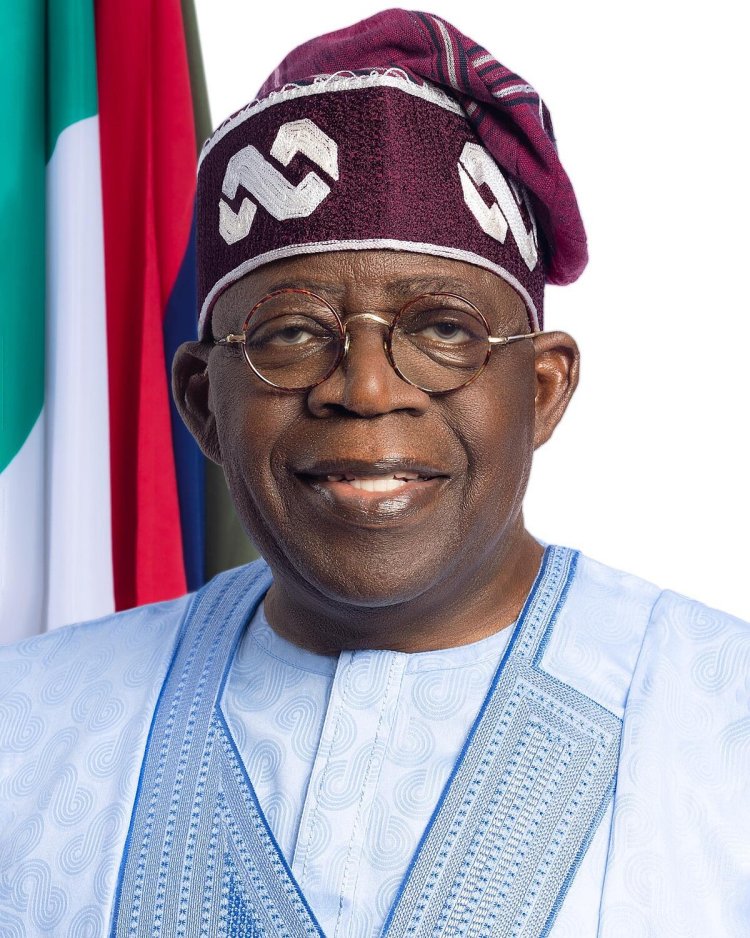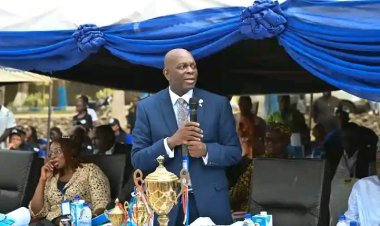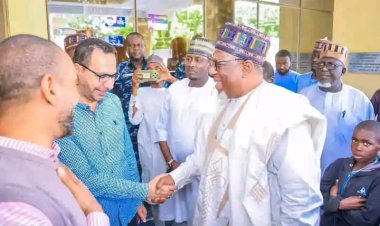President Tinubu Unveils Strategic Plan to Transform Nigeria’s Education Sector
President Bola Ahmed Tinubu has reaffirmed his administration’s commitment to improving education in Nigeria, emphasizing its crucial role in economic growth.

President Bola Ahmed Tinubu has reaffirmed his administration’s commitment to improving education in Nigeria, emphasizing its crucial role in economic growth. Experts agree that countries with higher literacy rates tend to have better economic outcomes, as a more educated population fosters innovation, better behavior, and increased employment opportunities.
Last year, President Tinubu announced a comprehensive four-year strategic plan for the education sector, aimed at addressing its challenges and shaping its future. As part of his eight-point agenda, he approved the Federal Ministry of Education’s DOTS project, which stands for Data Repository, Out-of-School Children Education, Teacher Training and Development, and Skill Development and Acquisition. This initiative aims to overhaul the education sector, improve learning and skill development, increase enrollment, and ensure academic security for children.
The Federal Ministry of Education is set to launch a new school curriculum this month, which will incorporate knowledge, skills, and values, with a special focus on skills to better connect students with the economy. Minister of Education, Prof. Tahir Mamman, announced that the new curriculum will address concerns about the behavior and values of young Nigerians.
However, stakeholders emphasize the need to tackle endemic issues such as the rising number of out-of-school children, which UNICEF reports has reached 18.3 million, the highest globally. Efforts to address this challenge are ongoing, with UNICEF collaborating with the Universal Basic Education Commission.

 Salome A.
Salome A. 



